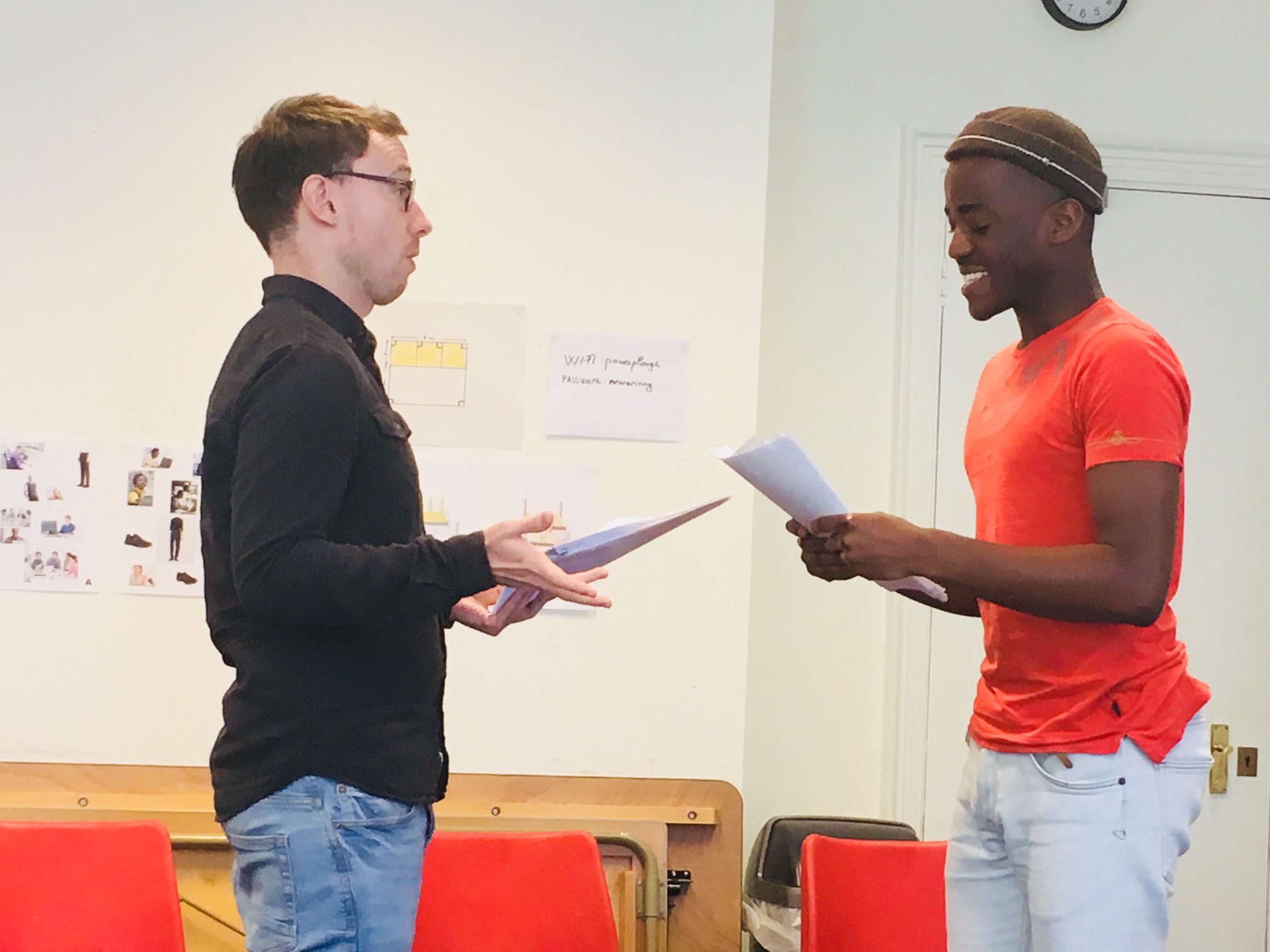With The Claim now in the second stage of touring, here's a collection of press and reviews for the show so far.
REVIEWS
"A masterclass in the pitfalls of language, a taut, funny but ultimately massively unsettling piece of work which is a stark and vital reminder of interpretation, viewpoint and how our black and white systems don't make enough room for vulnerable people." What's On Stage ****
"A bold interrogation of the UK's Kafka-esque asylum system" Time Out ****
"Powerful and relevant" The Stuart Review
"darkly funny, sharply satirical, an uncomfortable and compelling watch full of irony and a growing sense of frustration on both sides." Rev Stan's Blog
"A vital, seminal work on how we misunderstand our humanity." Fringe Review
"Tense, dense, and troubling, The Claimmovingly demonstrates the impossibility of separating the story from the teller, or human experience from mere statistics." Exeunt
Also read reviews in The Play's The Thing and British Theatre Guide review
PREVIEWS AND INTERVIEWS
Mark talks about the process of directing The Claim on londontheatre.co.uk
“Lots of hands slapped to foreheads and mouths, lots of groans, as that process reaches fever pitch in the climax of the play. And one yelp of dismay during the premiere! And all of that mixed in with laughter, which is (deliberately) an unsettling experience for all.”
“Behind the barrage of questions asked of refugees are deeper questions we need to ask of the ourselves: who we are, what we stand for, what histories we may or may not have moved on from”

















